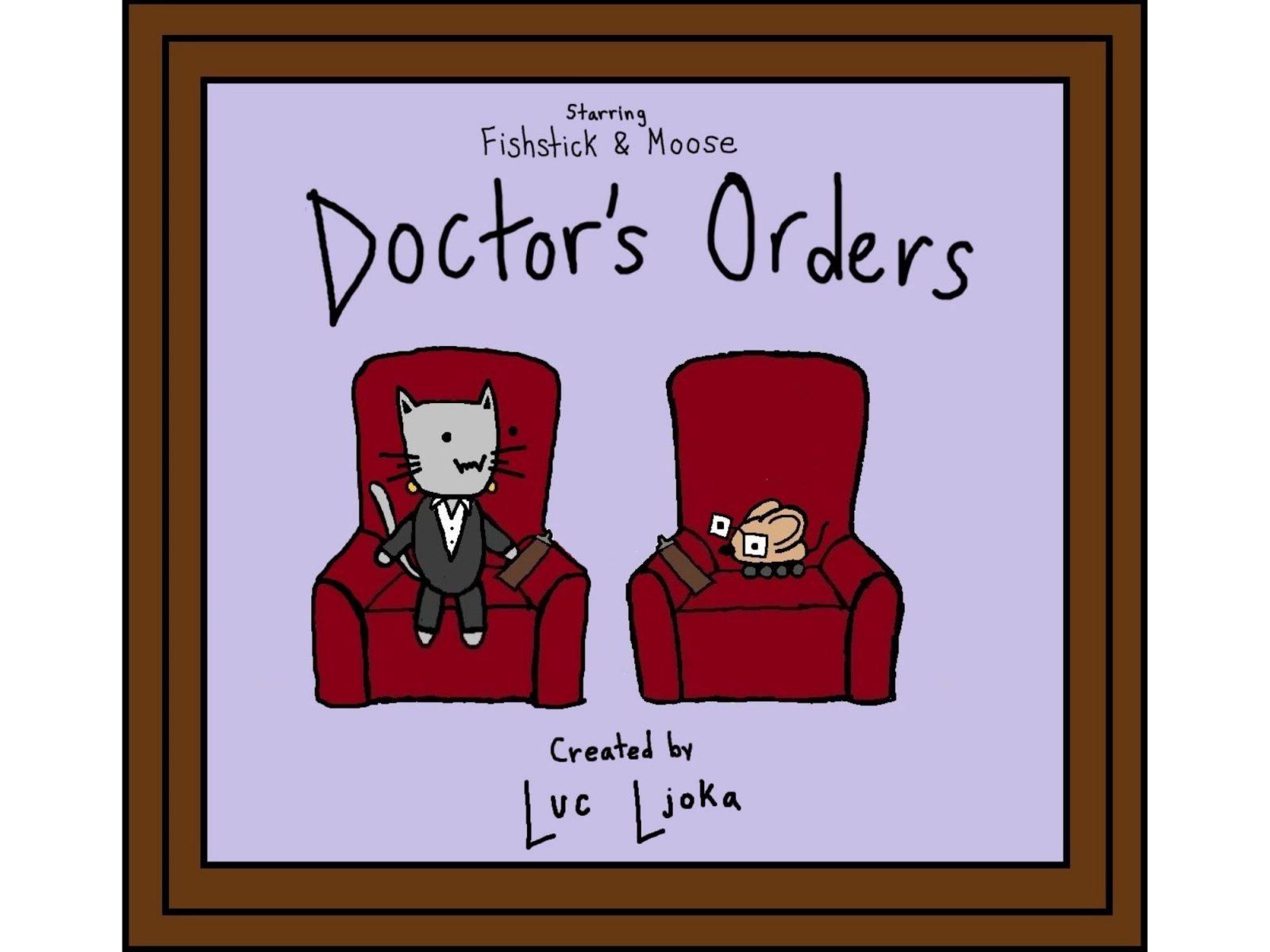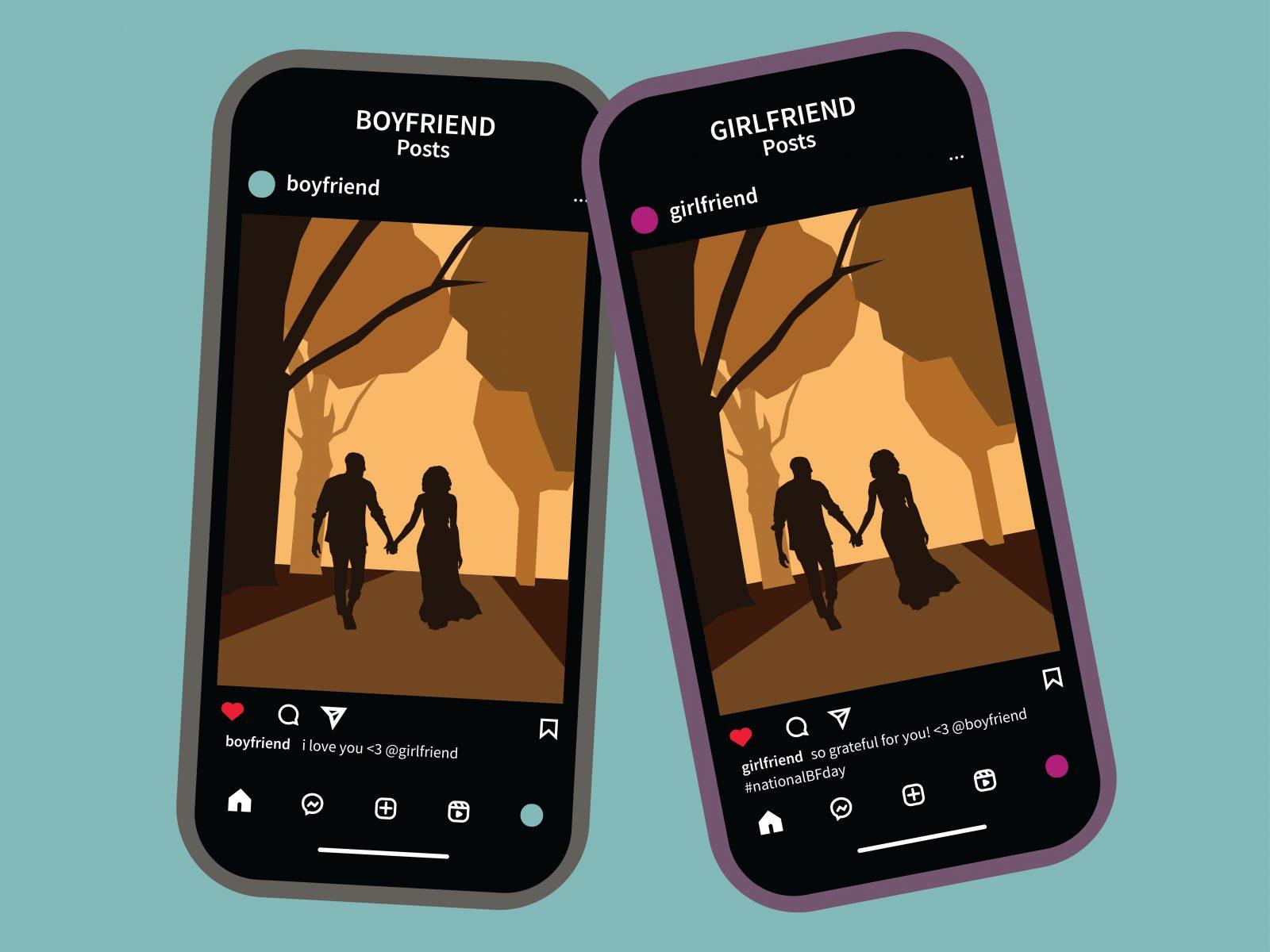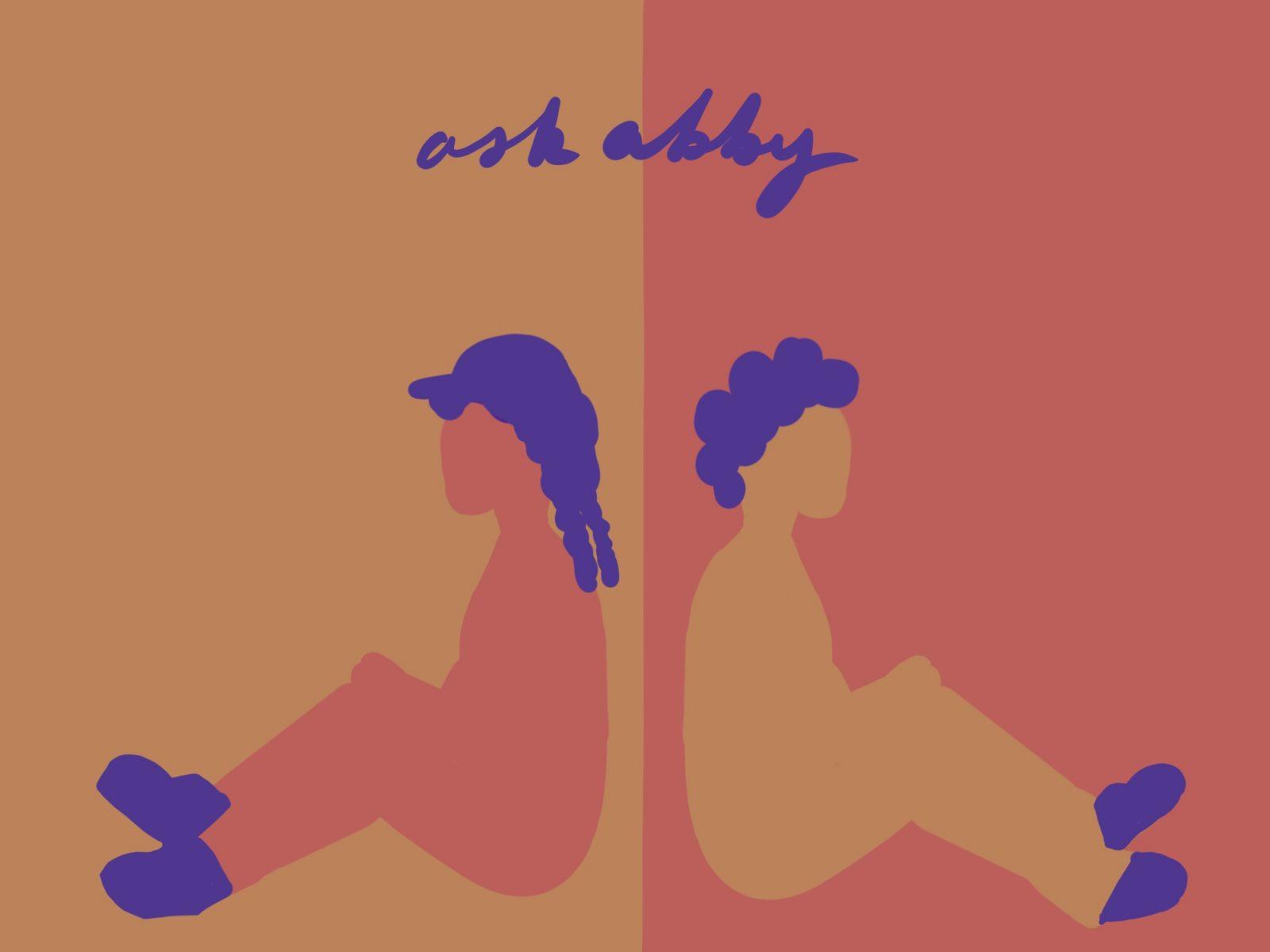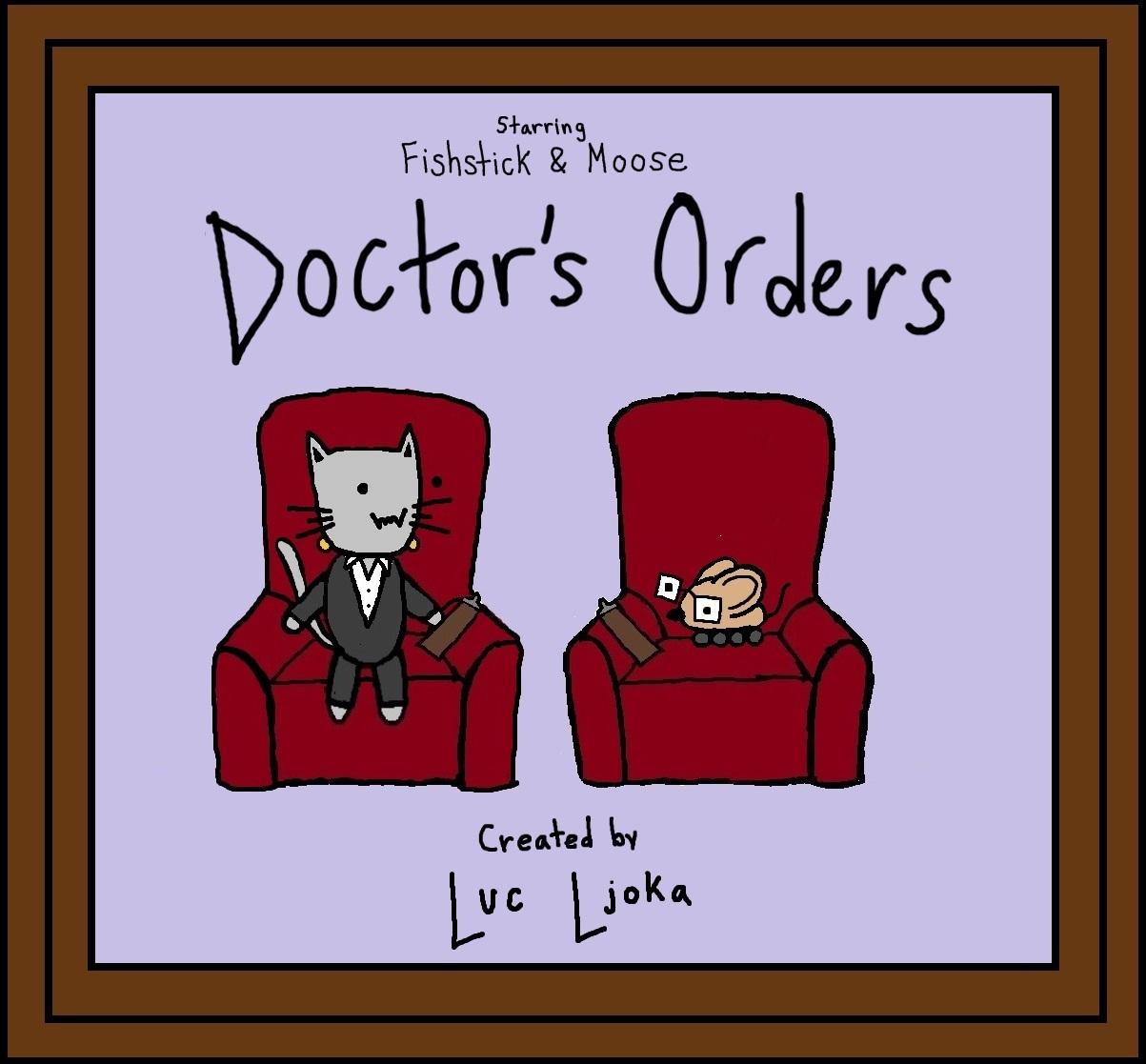According to the Centers for Disease Control and Prevention, 70 million Americans have difficulty sleeping. If you are like me, you are part of that statistical group and have spent many restless nights Googling how to get some shut-eye. You can find great advice online, but it isn’t always practical for university students who are attending school in a big city that always has something going on to act on it.
I can’t tell you how many articles I’ve stumbled upon that suggest transforming your bedroom into a “mini oasis” to combat insomnia. Having a calming sound machine, using a comfortable loft bed, a Himalayan salt lamp and endless supplies of chamomile tea would be phenomenal, but that isn’t exactly realistic when you’re on a lean budget or your dormitory or apartment is across the street from a bar that blasts music until late-o’clock.
Even if you manage to turn your bedroom into a zen-like haven, you may still have trouble sleeping. Living in a small town in the South for 10 years, all I heard was the soft lull of crickets and cicadas outside my window, and I still found myself awake until 2 a.m. After a lot of trial and error, though, I slowly found tricks that have helped me wind down at night. They aren’t 100% foolproof, but I hope they might help.
Reduce your exposure to blue light via Dark Mode
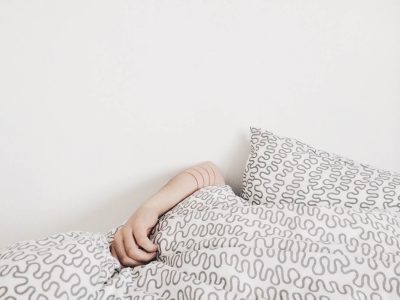
You may already know about the relationship between blue light and sleep, but in case you don’t, here is the gist: your electronics emit blue light, which, according to Harvard Medical School, can “boost attention, reaction times, and mood.” However, blue light has a flip side: it disrupts the secretion of melatonin — an important hormone that regulates the body’s circadian rhythms.
Depending on your schedule, you might be able to go screen-free after sunset. Realistically though, when you come home after a day on campus, you likely have to respond to emails or Slack messages, type up a proposal or paper or FaceTime your mom — among a deluge of other demands. While it isn’t a perfect solution, I found turning on Dark Mode on my devices is an effective way to work at night without completely upending my ability to fall asleep. For iPhones, go to ‘Settings,’ click ‘Theme’ or ‘Display,’ then toggle on ‘Dark Mode’— and voilà!
Find a way to process the day
A few years ago, a yoga teacher told me “Pay attention to your thoughts. See them, acknowledge them, then let them go.” Until then, I had never thought about being an observer to my own pattern of thinking, but attaining that level of detachment sounded peaceful.
That night I tried her meditative tip, hoping it might help me fall asleep. As I lay in bed, I noticed a tidal wave of thoughts kept flicking through my head. Within a second, I went from worrying about a comment I made five years ago, to an upcoming deadline, to Justin Bieber’s vocal range, to the meaning of life. Once I understood the nonsensical movie going on in my brain, I had a better understanding of why I couldn’t sleep. My mental chatter was keeping me up.
To help declutter my discursive thinking, I started getting into the habit of journaling before going to bed — each entry written via stream of consciousness. I don’t worry about grammar. I don’t worry about making sense. I highly recommend giving journaling a whirl especially if you enjoy writing. Or if you’re an external processor, try voicing your thoughts out loud. It may seem like a chore at first, but in my experience, it is a good way to quiet the mind after a long day.
Try CALM: The Holy Grail of supplements
Go down the sleep aisle at Target or CVS, and you will see dozens of melatonin gummies and melatonin chocolates on the shelves. These candy-coated sleep aids certainly are effective — and delicious — but health organizations, like the Mayo Clinic, recommend them for short-term usage only. Not wanting to take something that could be habit-forming, I was introduced to CALM, which is a magnesium supplement. It was a game-changer.
If there is a magnesium imbalance in the body, you may experience varying levels of stress, restlessness or sleeplessness. CALM helps counter that. Normally, I put a spoonful of CALM powder in hot water, then enjoy. It is fantastic to have the night before a big exam to help de-stress. Needless to say, CALM is a true win-win. I hope it helps you too.























































































































